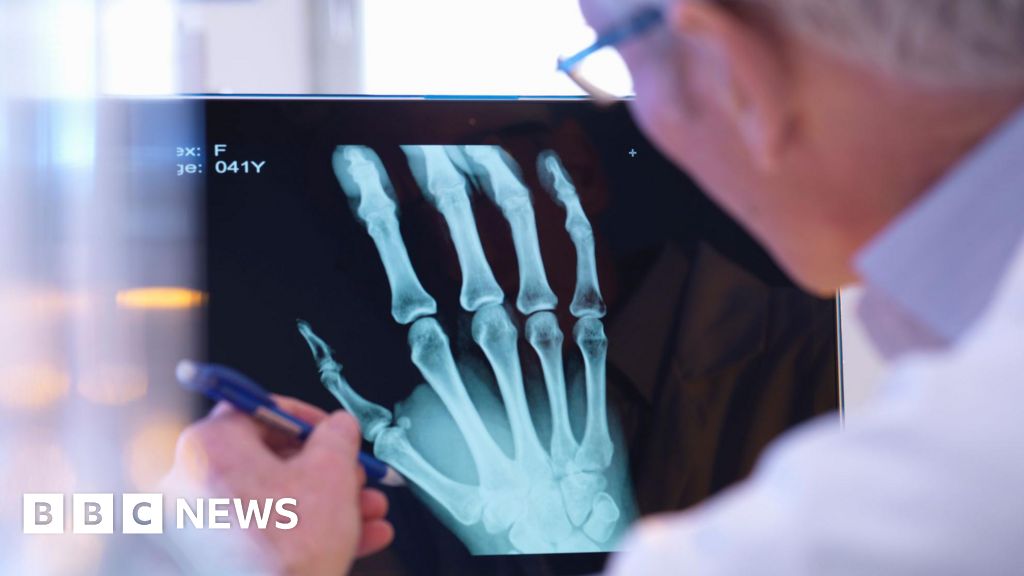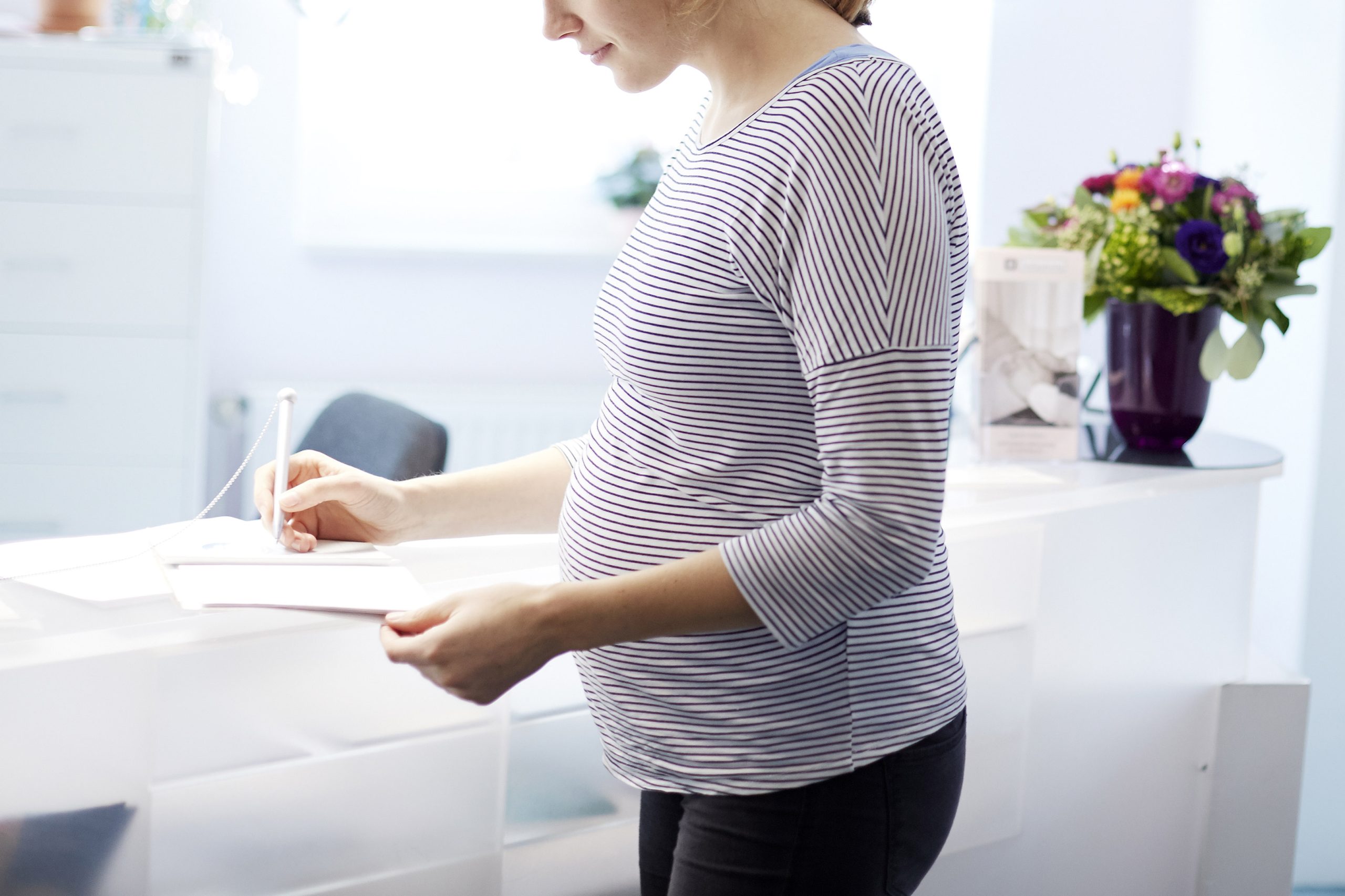Artificial intelligence (AI) has the potential to reduce the number of fractures and broken bones missed when doctors analyse X-rays, according to the National Institute for Health and Care Excellence (NICE).
The health assessment body says research suggests the technology is safe and could speed up diagnosis, relieving pressure on clinicians and reducing the need for some follow-up appointments.
Four AI tools are set to be recommended for use in urgent care in England while more evidence is collected on the benefits of the technology.
AI will not be working alone – each image will be reviewed by a healthcare professional.
NICE says broken bones are missed in 3-10% of cases – it is the most common diagnostic error in emergency departments.
And the trained experts who perform and analyse thousands of X-ray images every day in the NHS are in short supply, with a huge workload.
Vacancy rates are 12.5% for radiologists and 15% for radiographers, according to the long-term plan for the NHS in England.
The solution, according to NICE, is to harness the power of AI to work alongside clinicians.
Mark Chapman, director of health technology at NICE, said it would make their job easier.
“These AI technologies are safe to use and could spot fractures which humans might miss, given the pressure and demands these professional groups work under,” he said.
Mr Chapman said AI tools could also potentially speed up diagnosis and reduce the number of follow-up appointments needed because of a fracture missed during an initial assessment.
NICE said it was “unlikely” the technology would lead to a rise in incorrect diagnoses or unnecessary referrals to fracture clinics because a radiologist would always review the X-ray images.
The process would be better than a clinician looking at images on their own, it said.
The potential for using artificial intelligence in healthcare is huge.
It is being used already to help detect the earliest signs of breast cancer on scans, spot who is most at risk of heart attacks and predict when the next pandemic will happen.
A consultation on the draft NICE guidance on this use of AI will end on 5 November.




